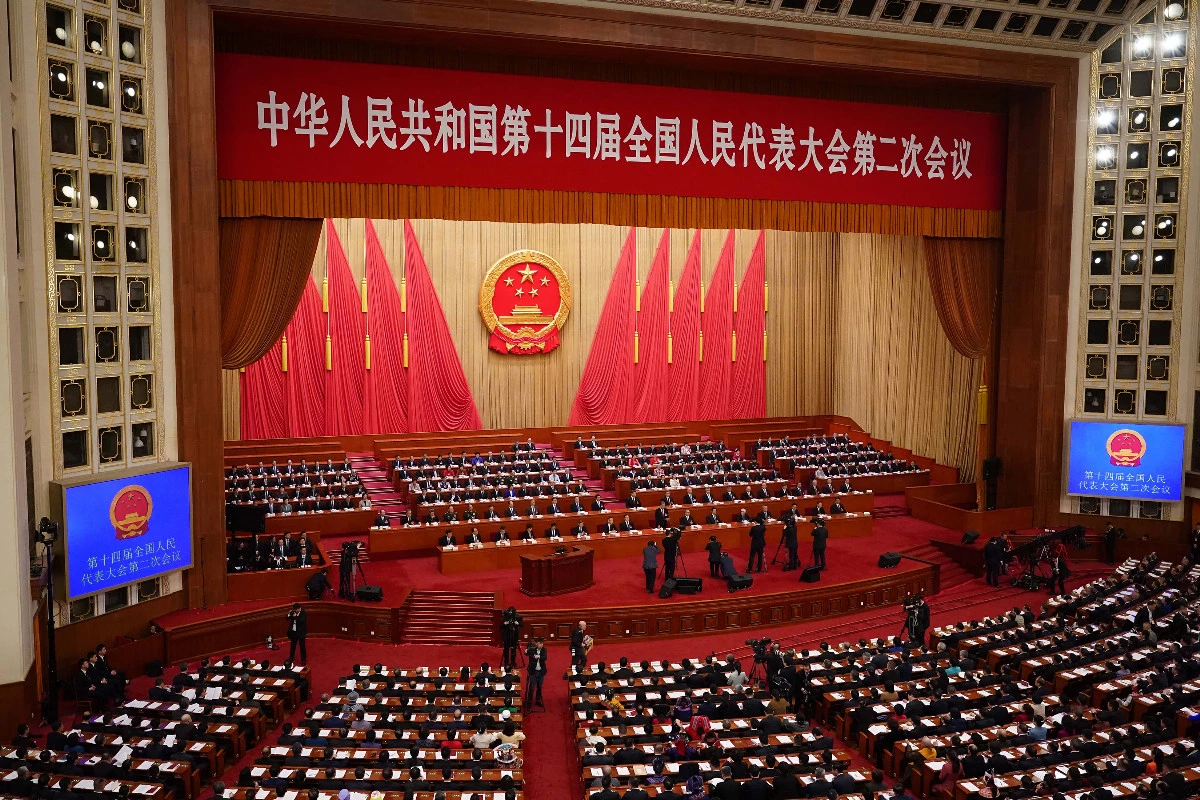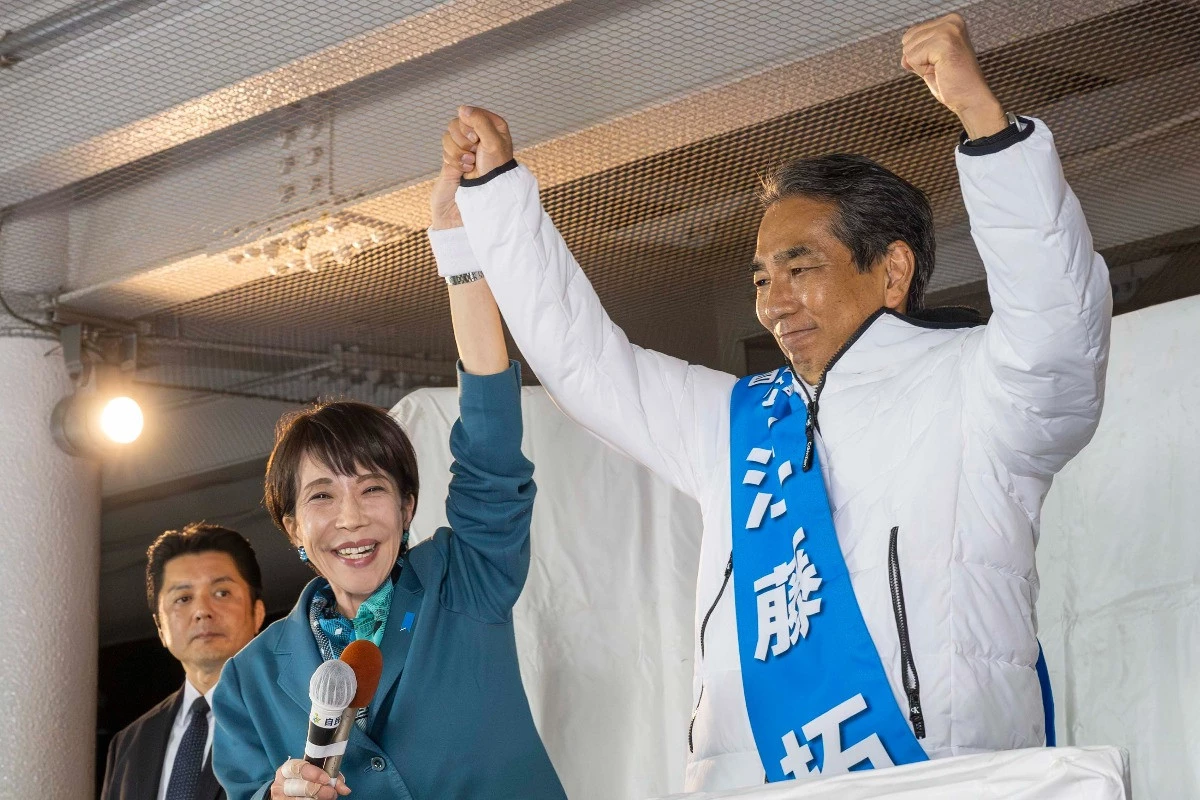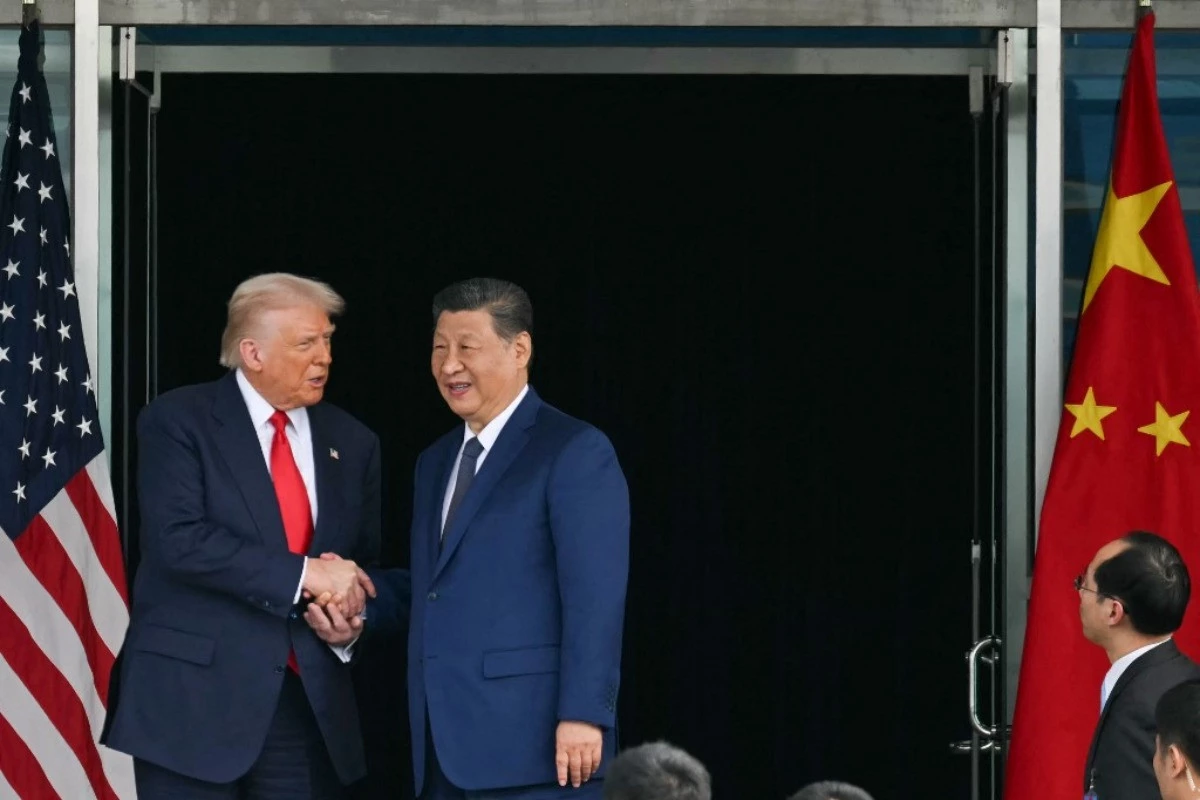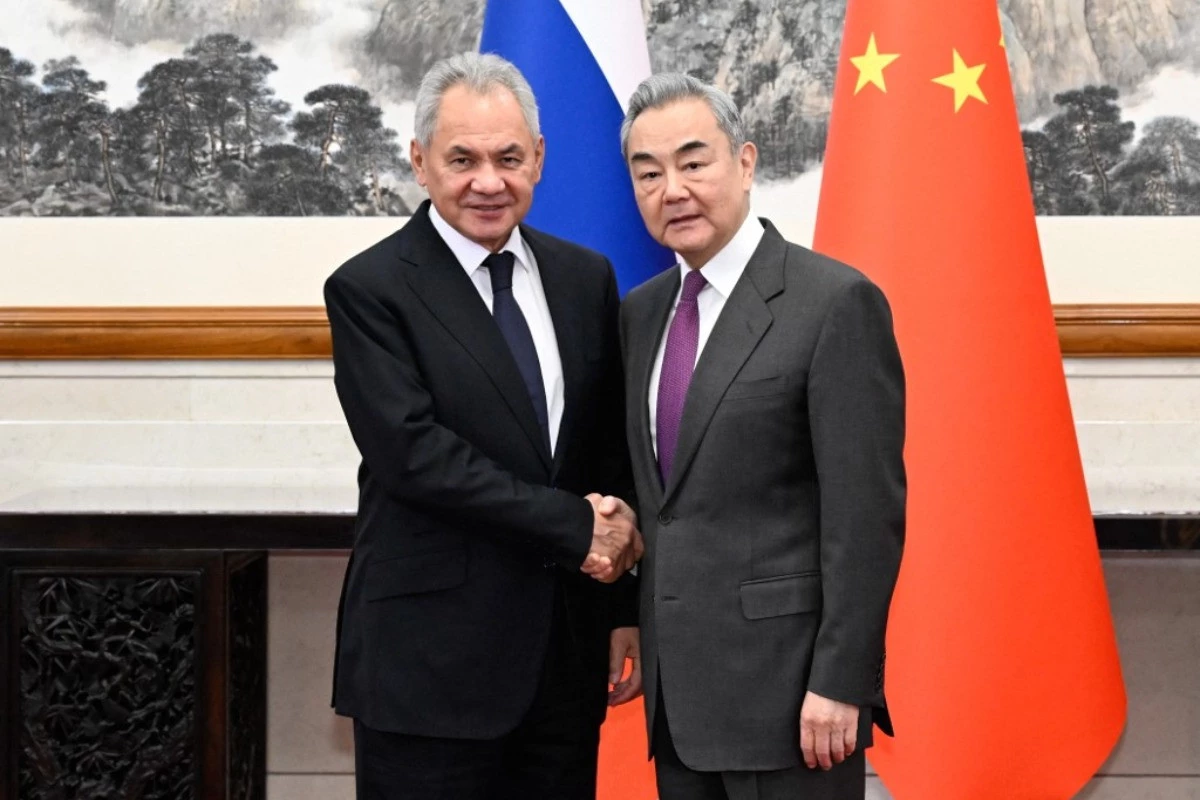
On the work related to Taiwan, Xi urged the RCCK to unite all patriots from home and abroad, in and out of Taiwan to step up opposition against "Taiwan independence," expand support for national reunification, and jointly advance the peaceful reunification of China.
He called for active efforts to promote exchanges and cooperation in fields such as sci-tech development, agriculture, culture and youth development across the Taiwan Strait and deepen cross-Strait integrated development.
Xi called on political advisors and all people in the science and technology sector to strengthen basic research and applied basic research, strive to achieve breakthroughs in core technologies in key fields, and create new drivers for developing new quality productive forces.
Xi urged political advisors from the sector of environment and resources to make new contributions to ecological and environmental protection and sustaining high-quality development with high-level protection.
He called for fully and accurately implementing the guidelines of targeted, science-based and lawful pollution control, advancing green and low-carbon social and economic development, and promoting carbon emission peaking and carbon neutrality in an active and prudent manner.

Premier Li Qiang delivered a government work report at the meeting.
In the face of an unusually complex international environment and the challenging tasks of advancing reform and development and ensuring stability at home, China accomplished main goals and tasks for economic and social development in 2023 and made solid advances in building a modern socialist country in all respects, Li said when delivering the government work report to the session.
Reviewing the work that was carried out last year, he said the government strengthened macro regulation and promoted steady economic recovery and growth. Other work he listed includes promoting industrial upgrading through innovation, deepening reform, expanding opening up, and improving the business environment.
While recognizing the achievements, Li acknowledged problems and challenges, vowing that the government will face them head-on, make every effort to deliver, and do its utmost to live up to the expectations and trust of the people.
Li said the year 2024 marks the 75th anniversary of the founding of the People's Republic of China, and it is a crucial year for fulfilling the objectives and tasks set out in the 14th Five-Year Plan. He disclosed major targets for this year's development, including a GDP growth of around 5 percent, the creation of over 12 million jobs in urban areas, and a CPI increase of around 3 percent.
To achieve the targets, the premier called for more efforts to advance high-quality development, promote better interplay between an efficient market and a well-functioning government, and further stimulate and boost the vitality of the society.
Li outlined major tasks for 2024, including striving to modernize the industrial system and developing new quality productive forces at a faster pace, invigorating China through science and education, expanding domestic demand, continuing to deepen reform and pursuing higher-standard opening up.
He also elaborated on work related to improving government performance, ethnic and religious affairs, national defense and military development, the development of Hong Kong and Macao, cross-Strait relations, and foreign policy.

Japan’s Liberal Democratic Party (LDP) won a historic victory in the snap lower house election held on 8 February, securing more than a two-thirds majority of seats on its own.

Chinese President Xi Jinping said on Wednesday that he hopes to work with U.S. President Donald Trump in the new year to steer the giant ship of China-U.S. relations steadily forward through wind and storms, and accomplish more big things and good things.

China's top diplomat Wang Yi met with Sergei Shoigu, secretary of the Russian Federation Security Council, in Beijing on Sunday.